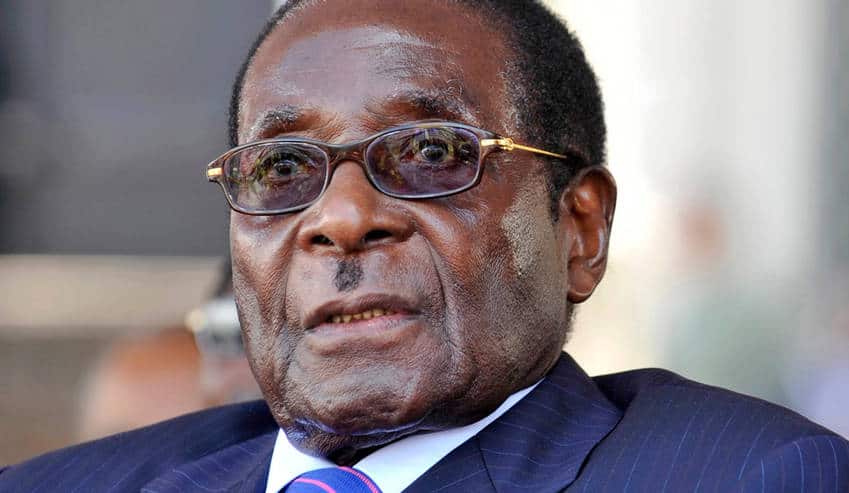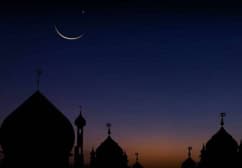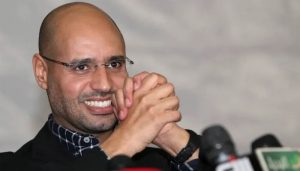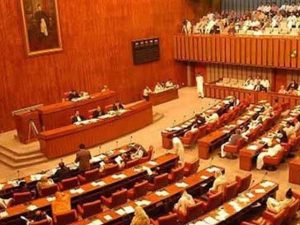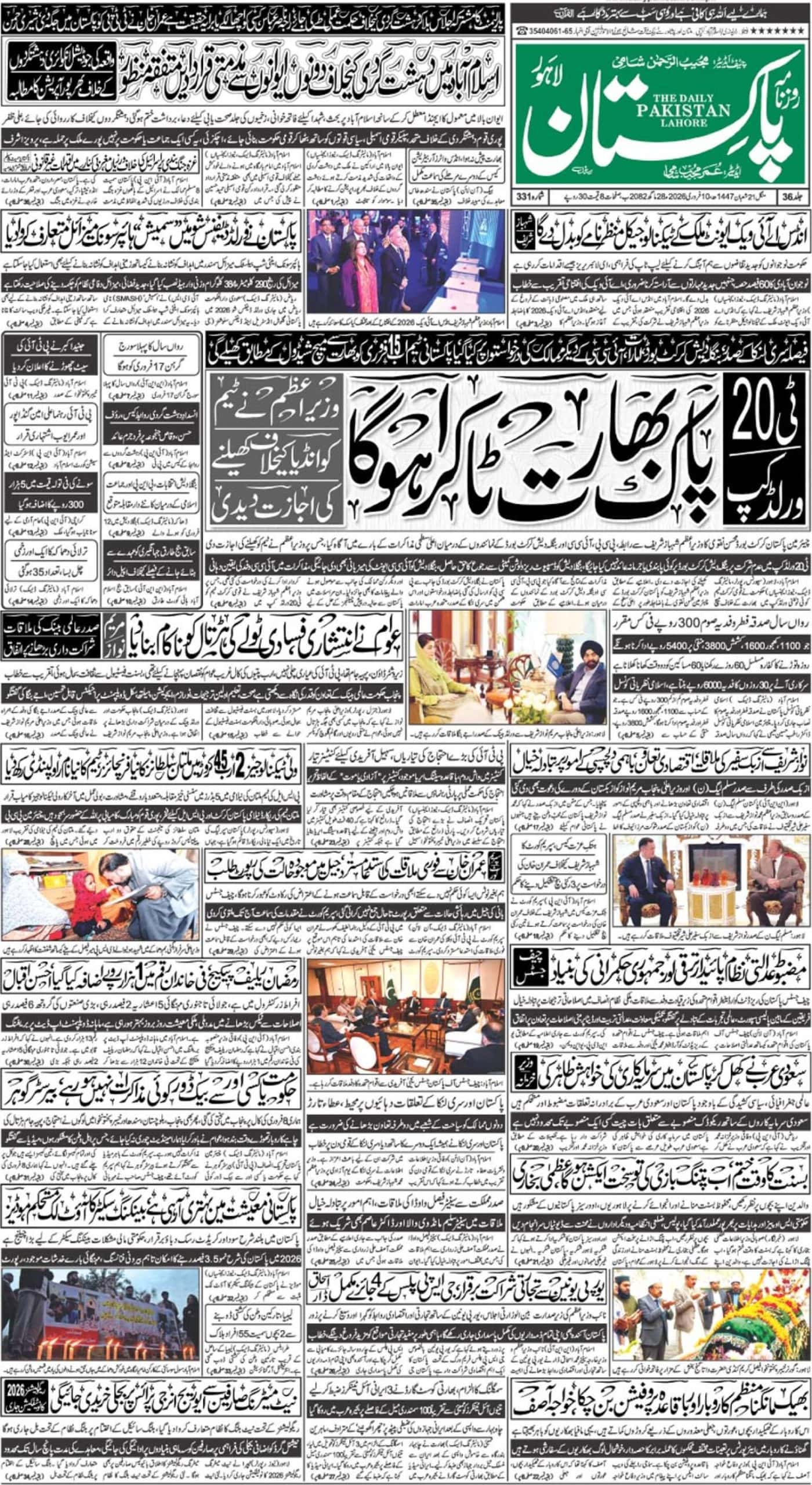HARARE – Widespread celebrations erupted in Zimbabwe on Tuesday as the news of Robert Mugabe’s resignation hit headlines across the country.
The confirmation of culmination of a 37-year rule came as the parliament speaker Jacob Mudenda read the resignation letter in front of lawmakers.
‘I Robert Gabriel Mugabe in terms of section 96 of the constitution of Zimbabwe hereby formally tender my resignation… with immediate effect,’ said speaker Mudenda, reading the letter.
‘My decision to resign is voluntary on my part and arises from my concern for the welfare of the people of Zimbabwe and my desire for a smooth, non-violent transfer of power,’ said Mugabe in his letter.
The resignation followed the debate in the Zimbabwe’s parliament about impeachment proceedings against Mugabe, who’s latest decision sparked joy among the citizens.
Soon after Mugabe stepped down, southern Africa’s regional bloc announced it was dispatching the presidents of Angola and South Africa to Harare to discuss the crisis.
The ruling Zanu-PF party said former vice-president Emmerson Mnangagwa will succeed Mr Mugabe, who had assumed power since 1980.
The origin of Mugabe’s sudden downfall started after a rivalry between members of Zimbabwe’s ruling elite and military.
The army seized power after Mugabe sacked ZANU-PF’s favourite to succeed him, Emmerson Mnangagwa, in a bid to pave way for the presidency of his 52-year-old wife Grace.
Mnangagwa fled abroad but the army took over the country and placed Mugabe under house arrest.
Early life
Mugabe was born on February 21, 1924, near Kutama, northeast of Salisbury (now Harare, the capital of Zimbabwe), in what was then Rhodesia.
The former school teacher, with seven university degrees, first shot to fame after waging a bloody guerrilla war against the white colonial rulers who jailed him for 10 years over a ‘subversive speech’ he made in 1964.
Soon after his release from jail in 1974, he joined forces against against the racist colonial rulers.
Mugabe got hitched to Ghanaian Sally Hayfron, who died of a kidney disease in 1992 after which he crossed the border to neighbouring Mozambique to launch a protracted guerrilla war for independence.
He returned to Rhodesia in 1979 and became prime minister in 1980 of the newly independent country renamed Zimbabwe.
He married his current wife and Zimbabwe’s First Lady, Grace Mugabe, in 1996 and according to political analysts his struggle for securing presidency for her wife cost him her own post.

